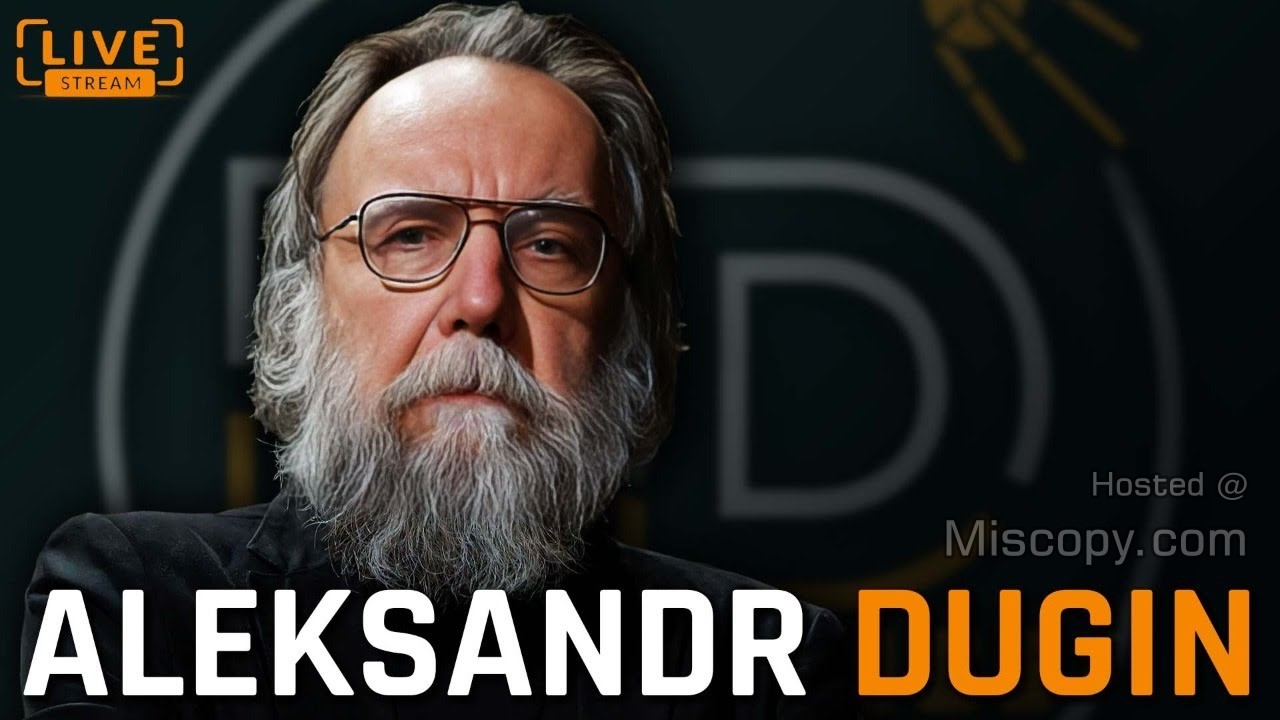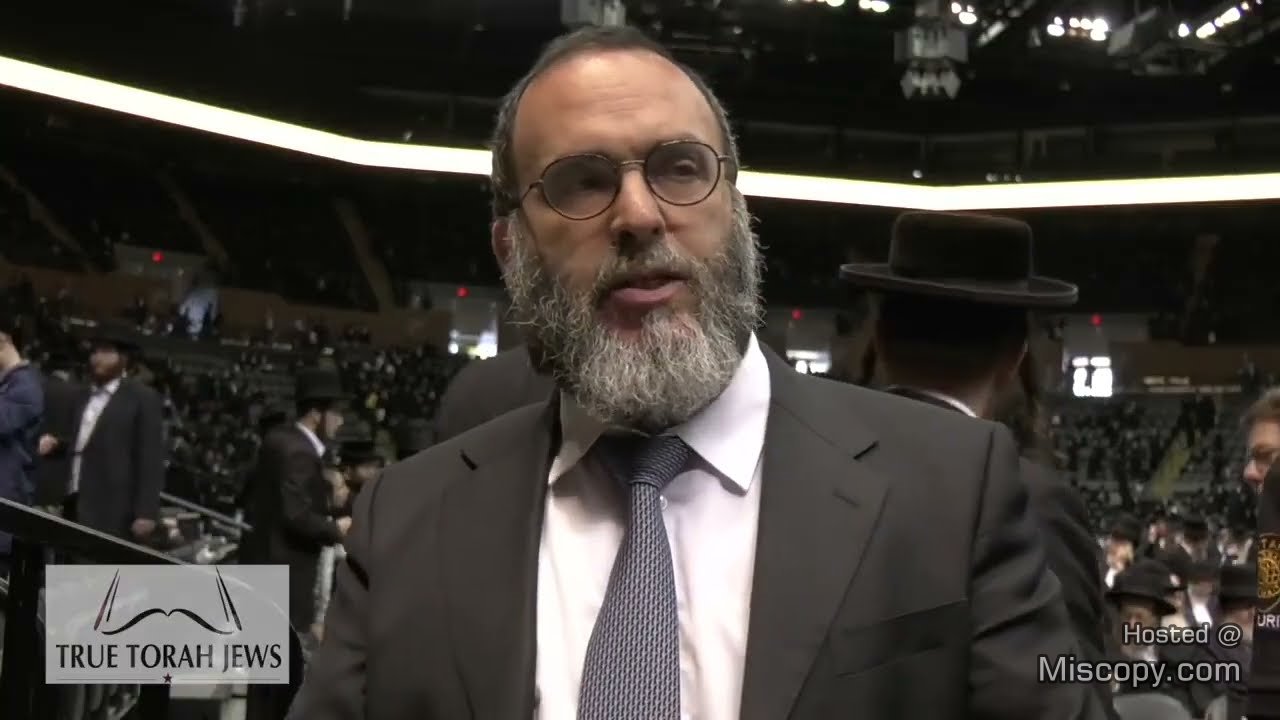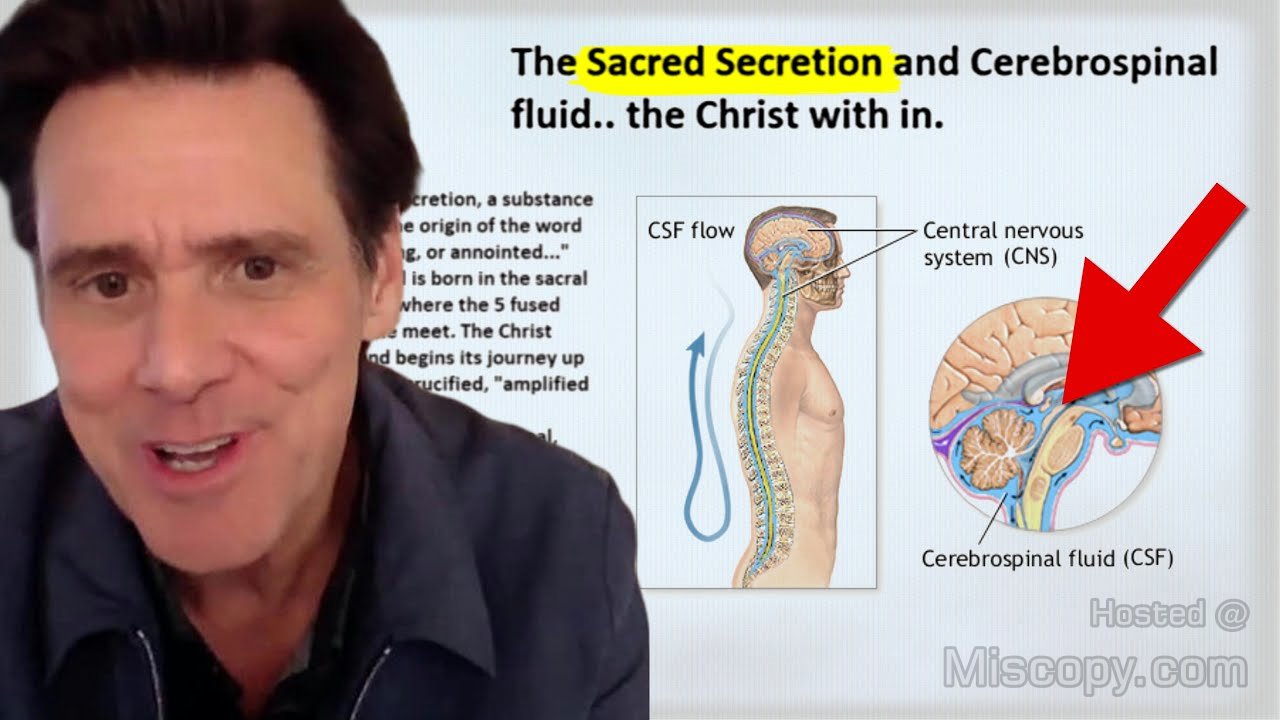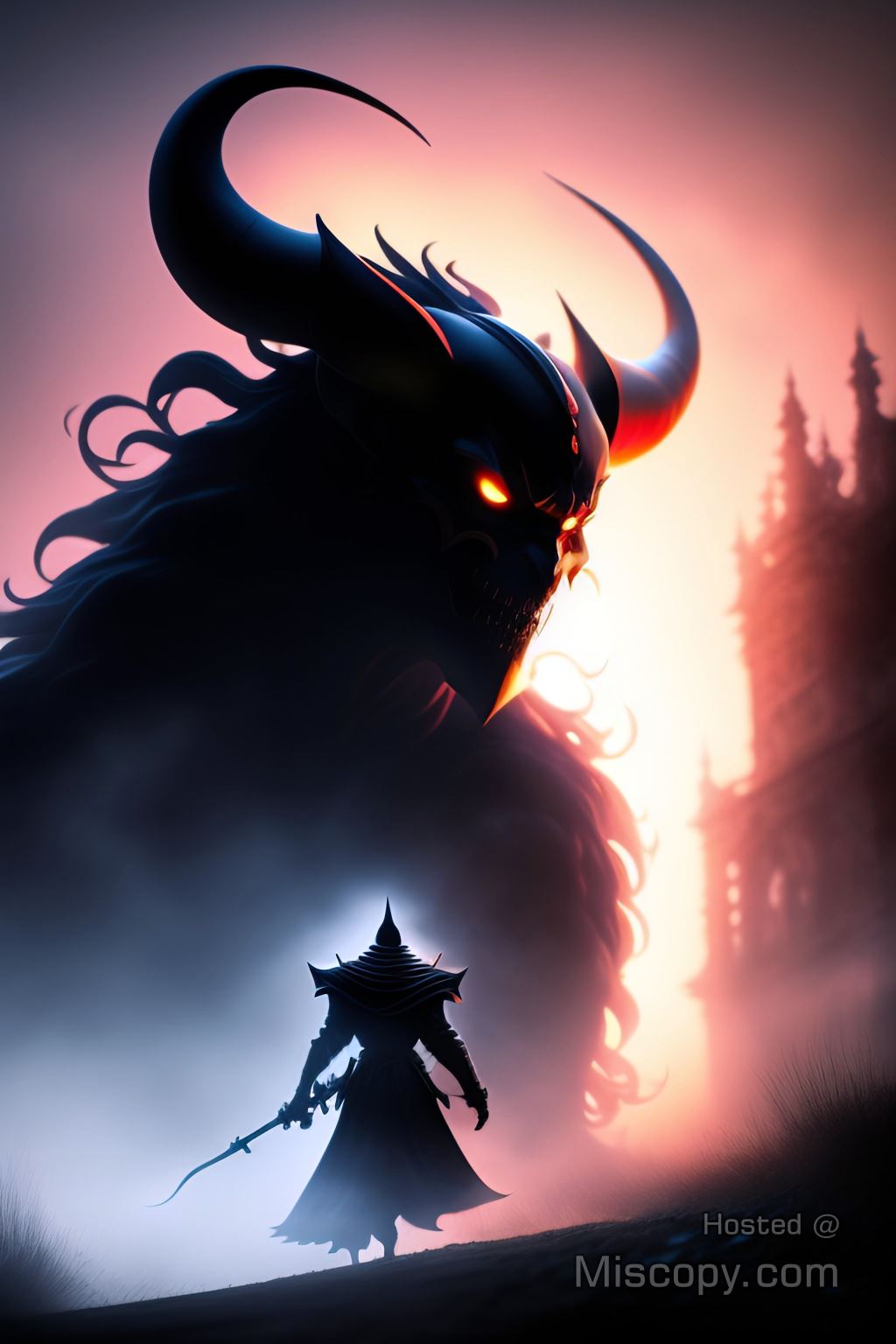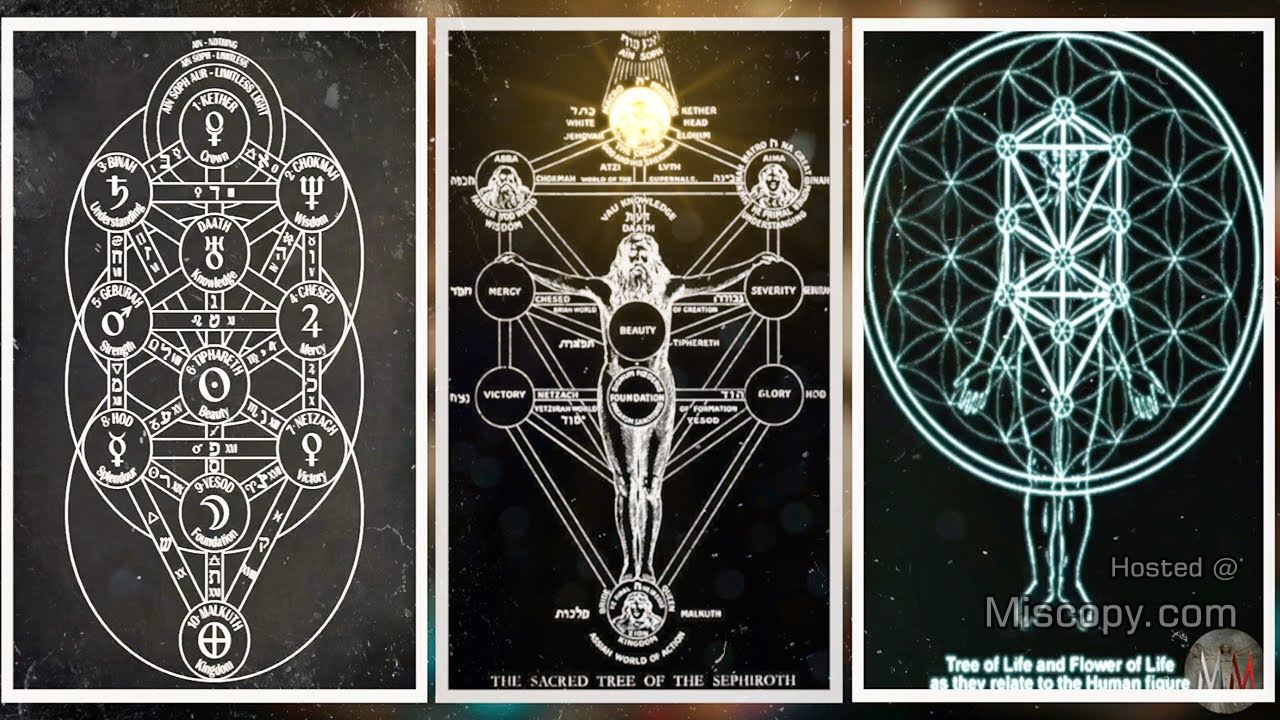In this video, Aleksandr Dugin, mentor of Vladimir Putin, discusses the Palestine-Israel conflict within the framework of the shift from a unipolar to a multipolar global order. He argues that Israel serves as a proxy for Western hegemony and that understanding geopolitical power dynamics is crucial for understanding their actions and motivations. Dugin emphasizes the need for unity among Islamic countries to resist Western control and establish their sovereignty. He also criticizes the West’s imposition of its values and rules on other civilizations and highlights the biases and double standards in Western media’s coverage of conflicts.
Dugin emphasizes the need for a belief system that promotes harmony and respect, criticizing the reputation of Israel and the United States’ support for it. Dugin predicts opposition against the West from the Muslim world and highlights the significance of the conflict surrounding the construction of the Third Temple in Jerusalem. He also discusses the potential for a nuclear conflict in the Middle East and the need for an ontological explanation to comprehend the ongoing crisis. Dugin concludes by urging for unity against a common enemy and expressing his hope for a free Palestine.
Detailed Description
Professor Alexander Dugin begins by discussing the Palestine-Israel conflict within the context of the transition from a unipolar to a multipolar world system. He highlights that Israel is a proxy for the hegemonic power of the West, which plays a significant role in the conflict. Dugin suggests that understanding the geopolitical balance of power is essential in comprehending the actions and motives of the Israelis.
Prof. Dugin then discusses the current global order and the potential shift towards multipolarity. He explains how the hegemonic power is resistant to allowing this new order to emerge, leading to conflicts, wars, and diplomatic confrontations. Dugin argues that understanding Israeli politics requires considering the psychology of the Israeli state, which is based on a radical vision of the chosen race and religion. He suggests that Israel sees itself as the main people on Earth and views any resistance as a radical humiliation. Dugin predicts that Israel’s response to Hamas attacks will be harsh, with the goal of full extermination and ethnic cleansing of Gaza. He emphasizes that Israel is being supported by the global hegemon in this endeavor.
Mr. Dugin goes on to discuss the situation in Gaza and the lack of a solid and clear Russian stance on it. He argues that while Russia has expressed its support for the Palestinian people and their struggle against Israel, it ultimately sees the issue as primarily a problem between Arabs or Muslims and Israel, with the support of the United States. Dugin suggests that if the Islamic world does not react forcefully against Israel and instead tries to find a solution through diplomatic channels, Russia cannot intervene directly. He also notes that during Russia’s conflict in Ukraine, few Islamic states came to their aid, highlighting the need for Islamic countries to overcome their internal conflicts and consolidate their power as a pole within the global system.
Aleksandr Dugin argues that the conflict between Hamas and Israel is not just a local problem, but a direct attack on the sovereignty of Islamic civilization. He believes that if Islamic civilization does not react and stand up for itself, it shows that it is not ready to exist as a sovereign and independent power. While Russia is politically on the side of the Palestinian people, Dugin emphasizes that it is not realistic to expect Russia to open a new front and fight for the Palestinians against American power. He questions the absence of support from Islamic states, armies, and people in the face of what he perceives as the extermination of the Palestinian people. Dugin believes that the treatment of the Islamic world by the West, particularly in regards to the Palestinian issue, is a humiliation and existential threat that must be responded to in order to uphold Islamic identity and rights.
Aleksandr Dugin then discusses the concept of sovereignty and how it can be tested through the response to existential threats. He argues that many countries may claim to be sovereign but are not if they do not respond to geopolitical challenges. Russia, he says, is fighting to restore its sovereignty in the Eurasian context. He also suggests that if the Islamic world accepts and responds to the challenges it faces, it could become a new sovereign pole alongside Russia and China. However, Dugin acknowledges that there are divisions among Arab nations and within Islamic countries themselves, with the elites being influenced by globalist networks while the people have different perspectives. He believes that if Islamic leaders listen to and align with their own people, unity can be achieved.
Aleksandr Dugin explains that the resistance against Israel by Lebanese, Syrian, and Palestinian groups is becoming a global Islamic phenomenon that will eventually become an independent geopolitical power. Dugin believes that Muslims are gaining a geopolitical consciousness and understanding the need for unity in order to resist colonization and regain their status as subjects in geopolitics. He mentions the importance of a common platform and denominator for their self-organization and emphasizes that Gaza and Palestine are crucial test lines for their sovereignty.
When Prof. Dugin touches on the concept of sovereignty and how it has evolved in the post-Cold War era, he explains that in the bipolar system of the Cold War, only the capitalist West and the socialist East were considered sovereign, while the rest of the world had to choose a side or submit to the rule of one of these powers. However, after the fall of the Soviet Union, there was only one pole of sovereignty, the liberal West, and all other states were expected to abandon their claims to sovereignty. Dugin argues that with the growing independence of Russia and the rise of China, there are now other contenders for sovereign power, but neither country alone can compete with the West. Therefore, he suggests a redistribution of sovereignty on a multipolar basis, where Russia and China can combine their capacities to challenge the dominance of the collective West.
Speaking to the issue of sovereignty in the Islamic world, Aleksandr Dugin states that it is crucial for Islamic countries to unite and establish their sovereignty in order to resist Western control. He emphasizes that countries like Israel are not truly sovereign as they rely heavily on the West for support, while countries like Russia and China strive to affirm their sovereignty. Dugin argues that the world can either be unipolar or multipolar, and it is important to choose the latter, which is based on the collaboration and commonalities of different civilizations. He believes that a multipolar world order can only be established through the unity and cooperation of civilizations like Russia, China, the Islamic world, India, Africa, Latin America, and others.
When discussing the concept of universal values and how the West has failed to uphold them, Aleksandr Dugin argues that the West, with its emphasis on individualism, liberal democracy, and market economy, has imposed its principles on the rest of humanity. However, new civilizations are emerging based on different principles. For example, in Russia, traditional values, family, patriotism, and empire form the basis of their civilization. Dugin explains that in Russian society, being human is not about individualism but about being part of the whole, with ties to religion, ethnicity, and tradition. Similar principles form the basis of civilizations like China and Islamic tradition. Dugin asserts that without a belief in God, there are no rules, and this nationalistic attitude common in the West is rejected by other civilizations.
Aleksandr Dugin mentions that while India relies on the West to solve its regional problems, it maintains good relations with Russia. Dugin criticizes the West’s attitude towards the “other,” stating that they either view them as the same or as a dangerous threat. He argues that this racist mindset is ingrained in the West’s ideology and geopolitics. Dugin points out that resistance against global liberal values and unipolarity is growing not only in other countries but also within the West itself, with many people protesting against the treatment of others, such as the Palestinian genocide. He concludes that modern-day racism is still prevalent, despite the abandonment of the term, and cites Israel and the West as examples of this.
Aleksandr Dugin criticizes the Israeli government for targeting Palestinian civilians and ignoring their sovereignty, despite international decisions and the obsolete structure of the United Nations. Dugin argues that international law is not real and is simply a tool of Western hegemony. He mentions the double standards in indictments, pointing out that while Vladimir Putin has faced allegations of war crimes in Ukraine without evidence, Benjamin Netanyahu has not faced any consequences for his actions. Dugin highlights the hypocrisy and indifference of the West towards civilian casualties in Palestine, as compared to the attention given to the conflict in Ukraine.
Aleksandr Dugin argues that those who deeply believe in the Western system and its values tend to accept everything the media says, even if it includes lies. Conversely, societies that reject the Western agenda are more inclined to believe alternative narratives that expose the hypocrisy of Western media. Dugin suggests that we are in the midst of a deep psychological, cultural, and mental war, where the transmission of facts is heavily censored and controlled. He also highlights the disproportionate coverage of civilian casualties in conflicts like Ukraine and Gaza, implying that the globalist agenda is indifferent to the suffering and continues to perpetuate genocide.
Aleksandr Dugin further discusses the need for a deeper belief system that promotes harmony, respect, and love for tradition and diversity of cultures. He argues that those who perpetrate crimes and fuel conflicts will eventually be defeated. Dugin also suggests that the reputation of Israel is irreparable, and the United States’ support for Israel creates problems with the Arab and Islamic world, damaging their relations. He believes that the US’s current actions lack real geopolitical reasons and are a hegemonic gesture. Dugin predicts that the West will be opposed by the Muslim world, and the US will lose without any balance or positive relations.
Aleksandr Dugin believes that while the West will continue to supply Ukraine with weapons, the situation is worse for the global West overall. Dugin emphasizes that multipolarity does not promote anti-Semitism or racism, but rather accepts and celebrates differences. He also suggests that the current events in the Middle East, particularly with the conflict between Arabs and Jews, is causing deep trauma for the Islamic soul and will lead to a long-lasting and significant impact. Dugin speculates that Germany may be a victim of its own strategy, as the situation has undermined their position and created new security threats for the entire West. He also brings up the religious dimension of the conflict, highlighting the eschatological elements and the significance of defending Temple Mountain as potential triggers for a large-scale Palestinian revolt in the West Bank and Eastern Jerusalem.
Prof. Dugin explains the significance of the conflict surrounding the construction of the Third Temple in Jerusalem, emphasizing that it is not solely an economic or political matter. He discusses how different religious groups, including Jews, Christians, and Muslims, hold religious beliefs regarding this temple and its connection to the end times. Dugin argues that these eschatological beliefs can intensify the conflict and make it more radical. He also dismisses the notion that the situation is about gas discovery in Gaza, stating that the economy is a flexible element that can adapt to various circumstances. Instead, he asserts that geopolitics and ideological factors play a much more crucial role. Lastly, Dugin briefly touches on the risk of nuclear weapons and suggests that a potential World War III has already begun in some form between the unipolar camp and its opponents.
When discussing the potential for a nuclear conflict in the Middle East, Aleksandr Dugin mentions that Israel, Iran, and Pakistan are known or suspected to possess nuclear weapons. Dugin suggests that if the conflict escalates further, there is a possibility that tactical nuclear weapons could be used, potentially leading to a nuclear exchange between these countries. He also highlights the involvement of the United States and Russia in potentially supporting their respective allies. Dugin emphasizes the devastating consequences of using strategic nuclear weapons, which would result in the end of humanity, but states that the use of tactical nuclear weapons could still allow for the continuation of humanity, albeit with significant destruction and loss of life.
Aleksandr Dugin then discusses the significance of the Middle East in relation to the concept of Armageddon. He believes that the current conflict in Gaza holds religious importance, as it aligns with the prophecies of monotheistic religions. Dugin argues that geopolitics is an important tool to understand these events, but it should be complemented with a religious analysis. He suggests that there may have been a crucial error in human history that has led to the current situation, which goes beyond ideology or religious differences. Dugin emphasizes the need for an ontological explanation to comprehend the ongoing crisis, as it ultimately impacts the destiny of humanity. In closing, he warns against being influenced by leaders who do not represent the will, thoughts, and values of the people, as this can lead to real authoritarianism and totalitarianism.
Ultimately, Aleksandr Dugin emphasizes the importance of standing together against a common enemy, as they do in Russia. He urges Islamic brothers to understand the struggle and fight for their own values, as they are in a similar position as Russia was in the Ukrainian conflict. Dugin believes that only by being united can they preserve their dignity and achieve victory. He also expresses his hope for a free Palestine.
